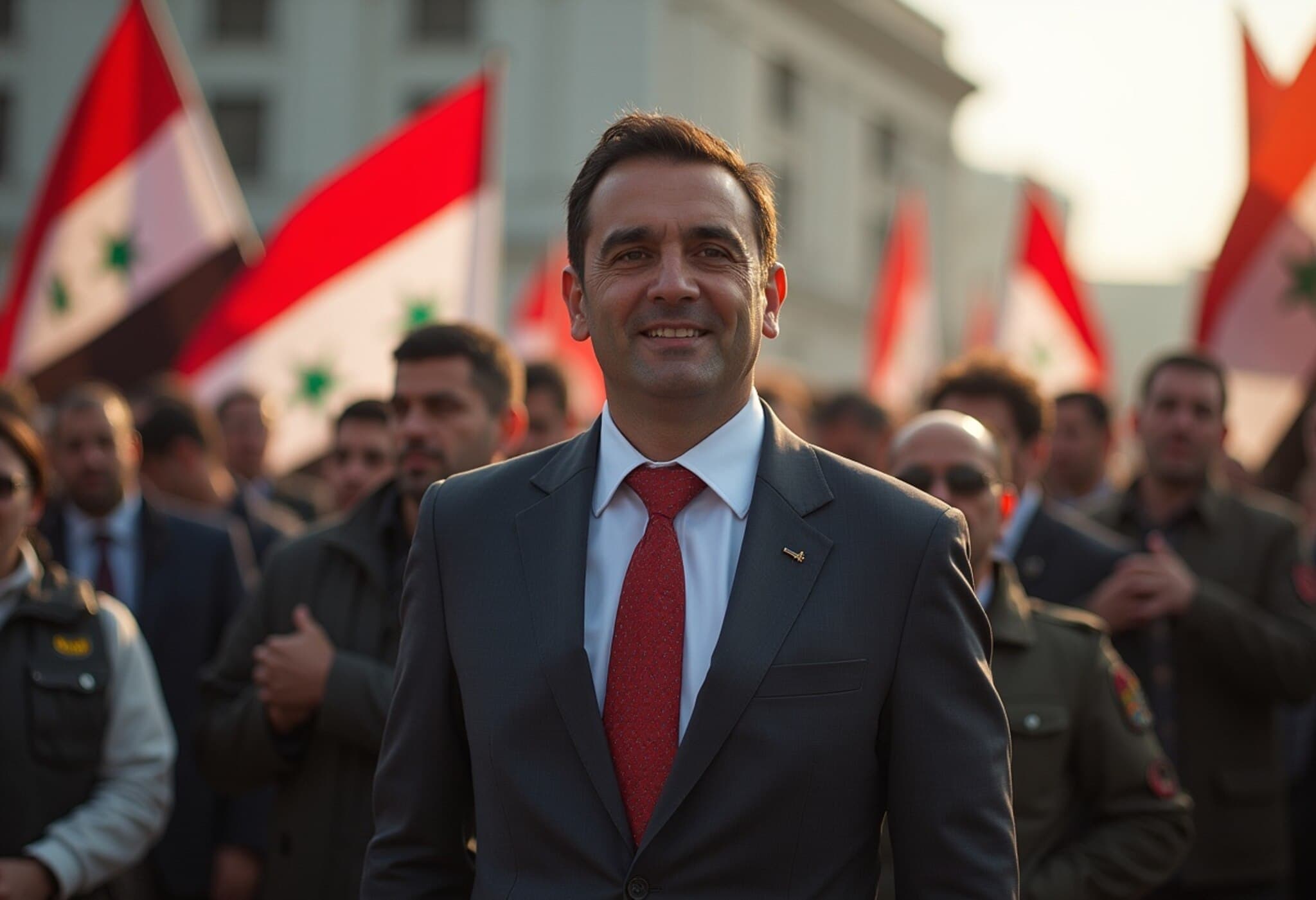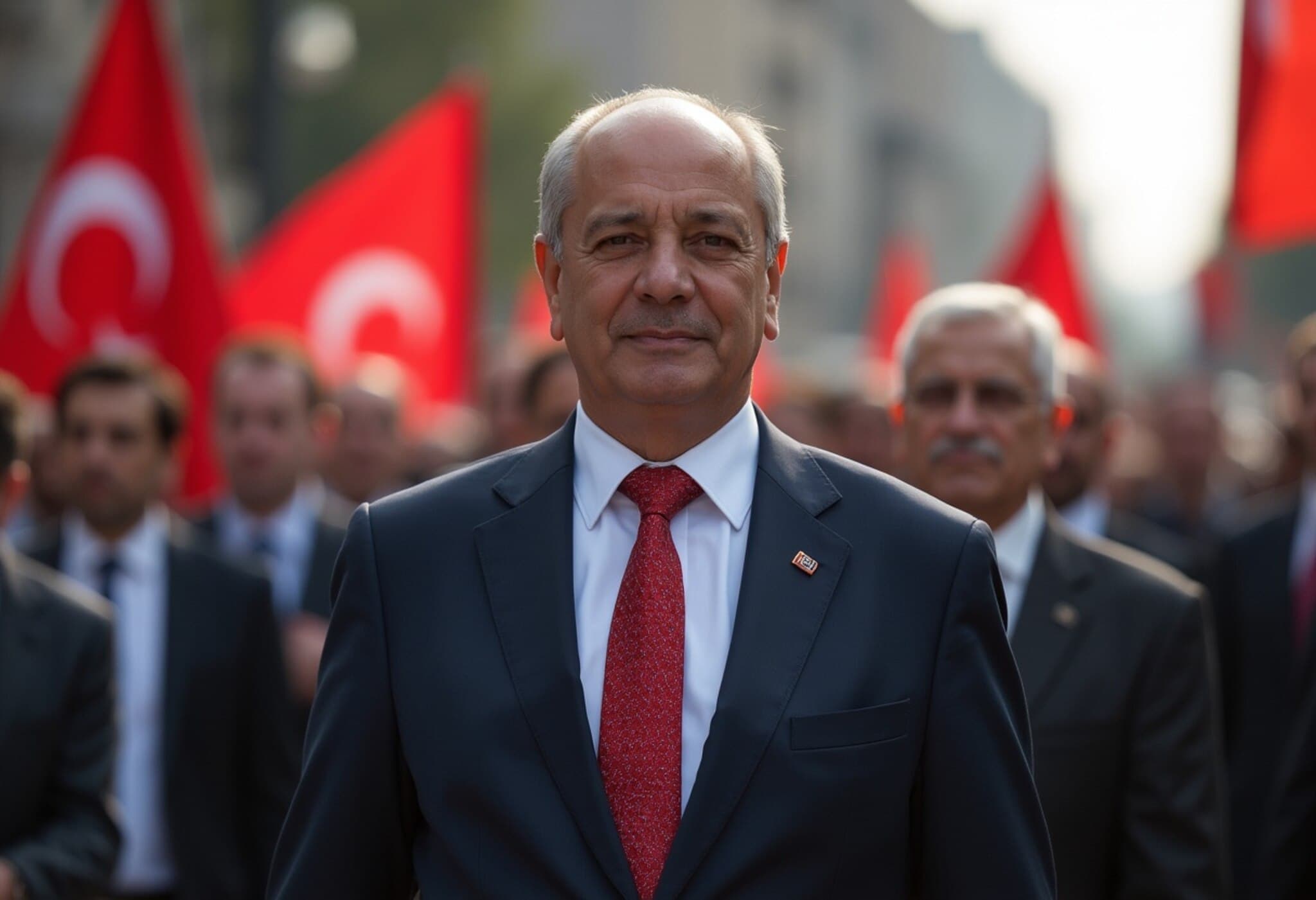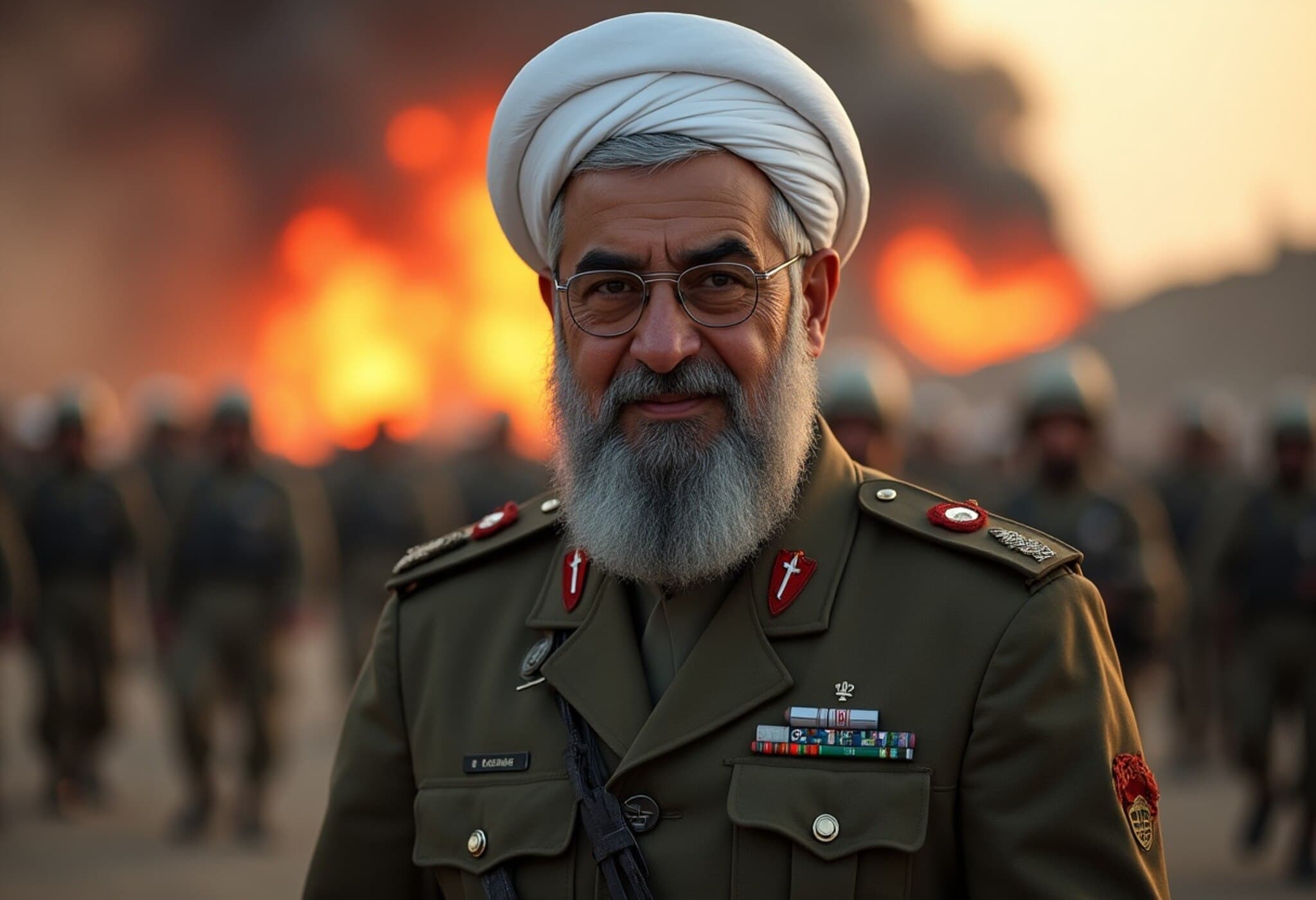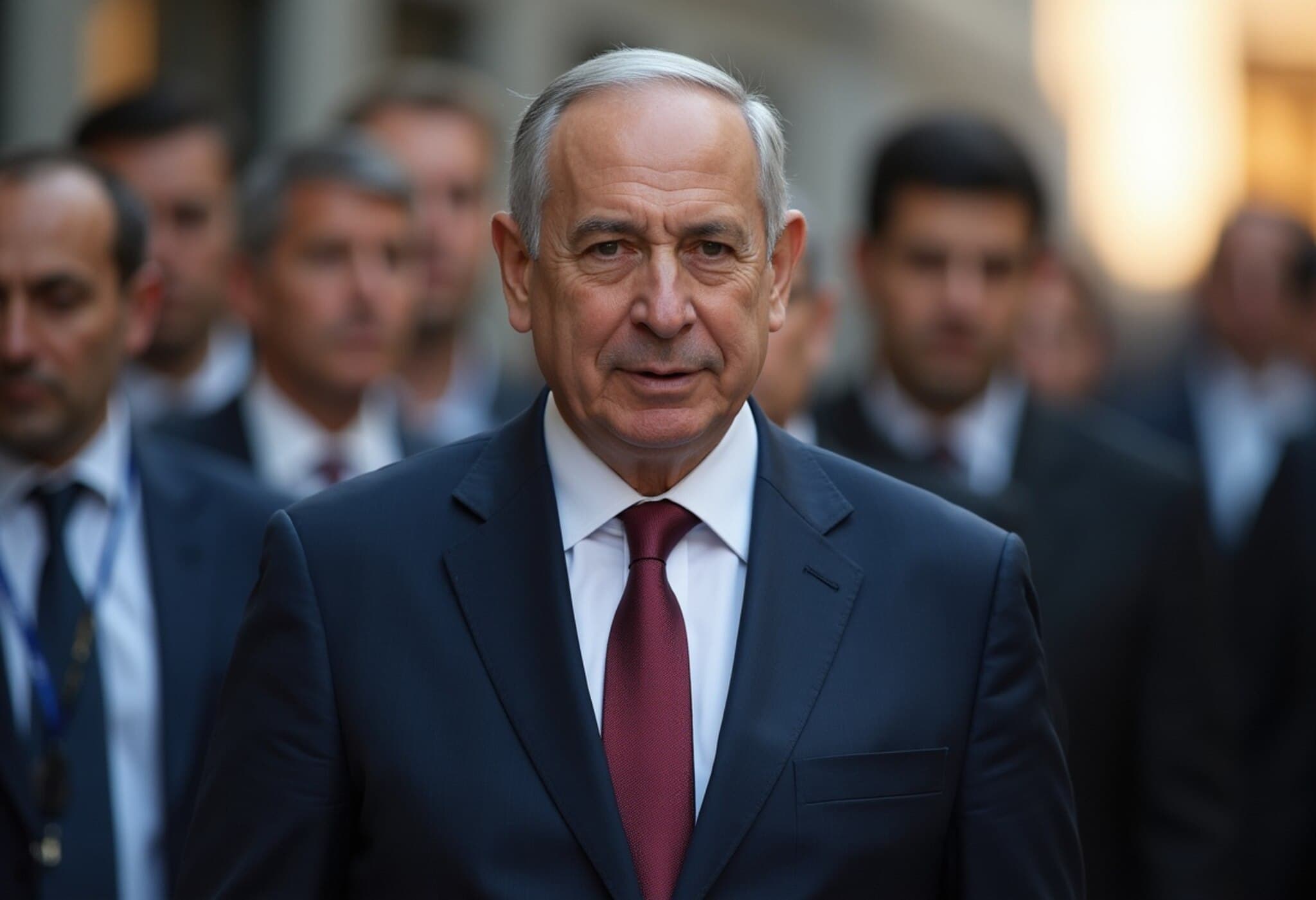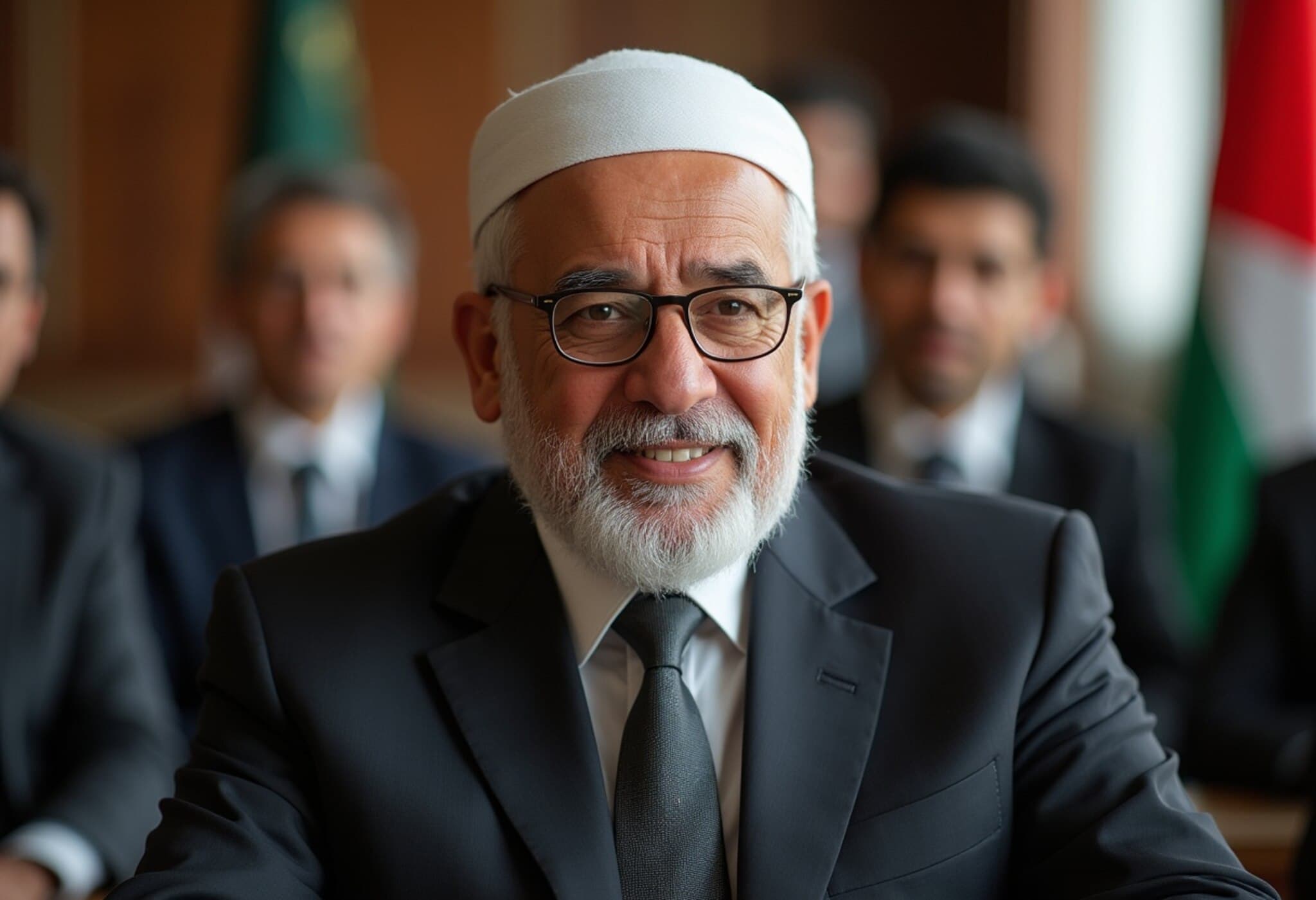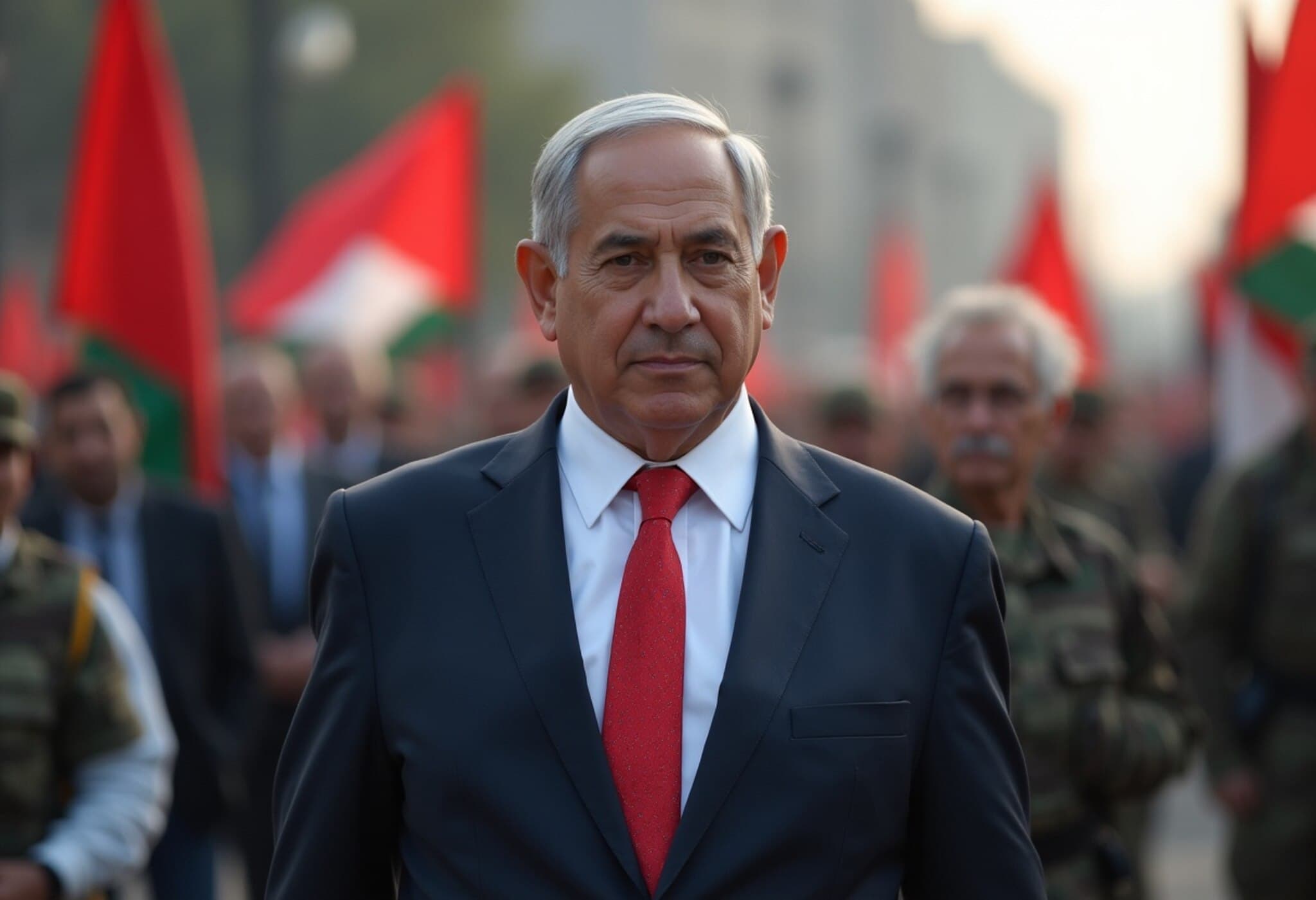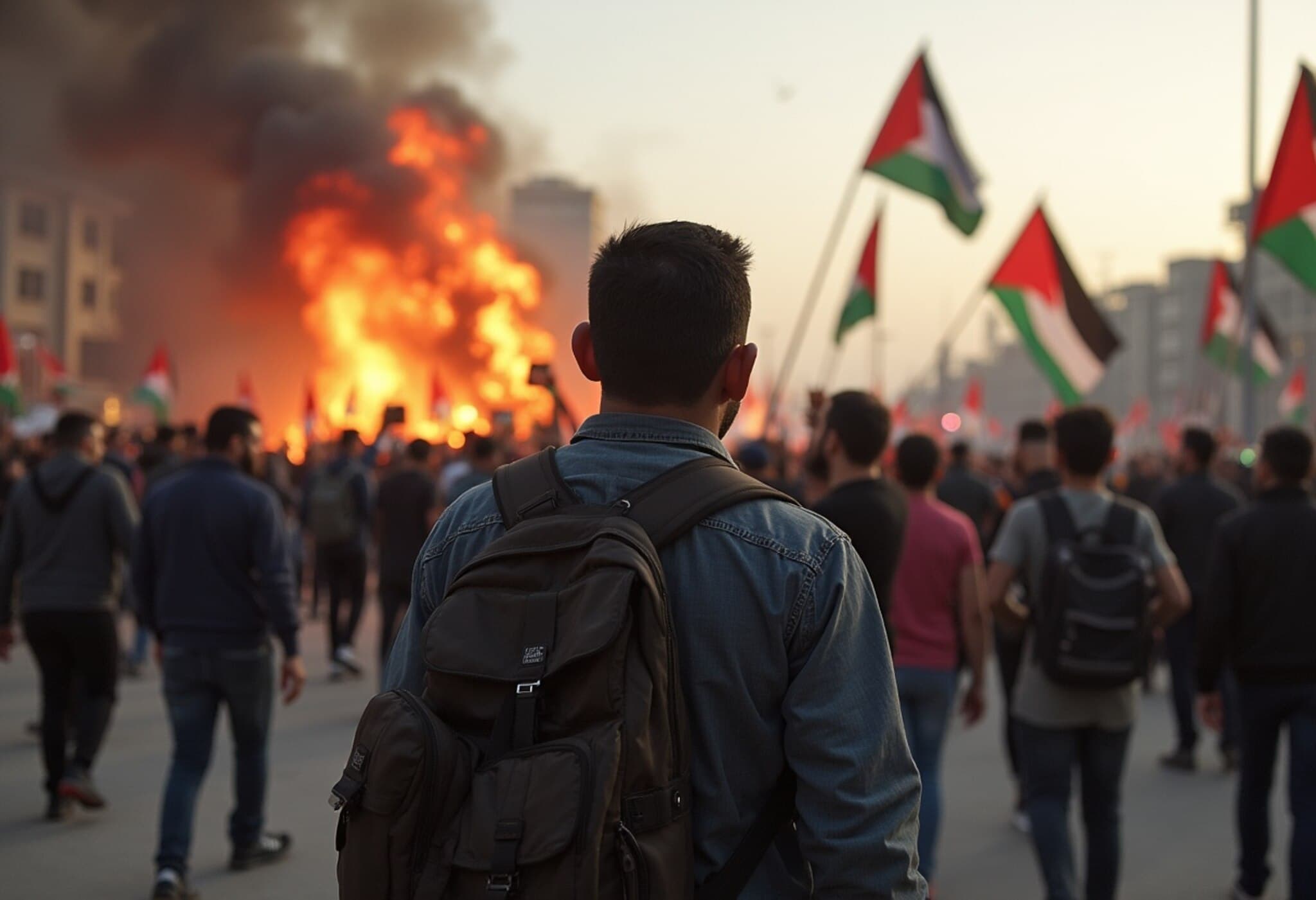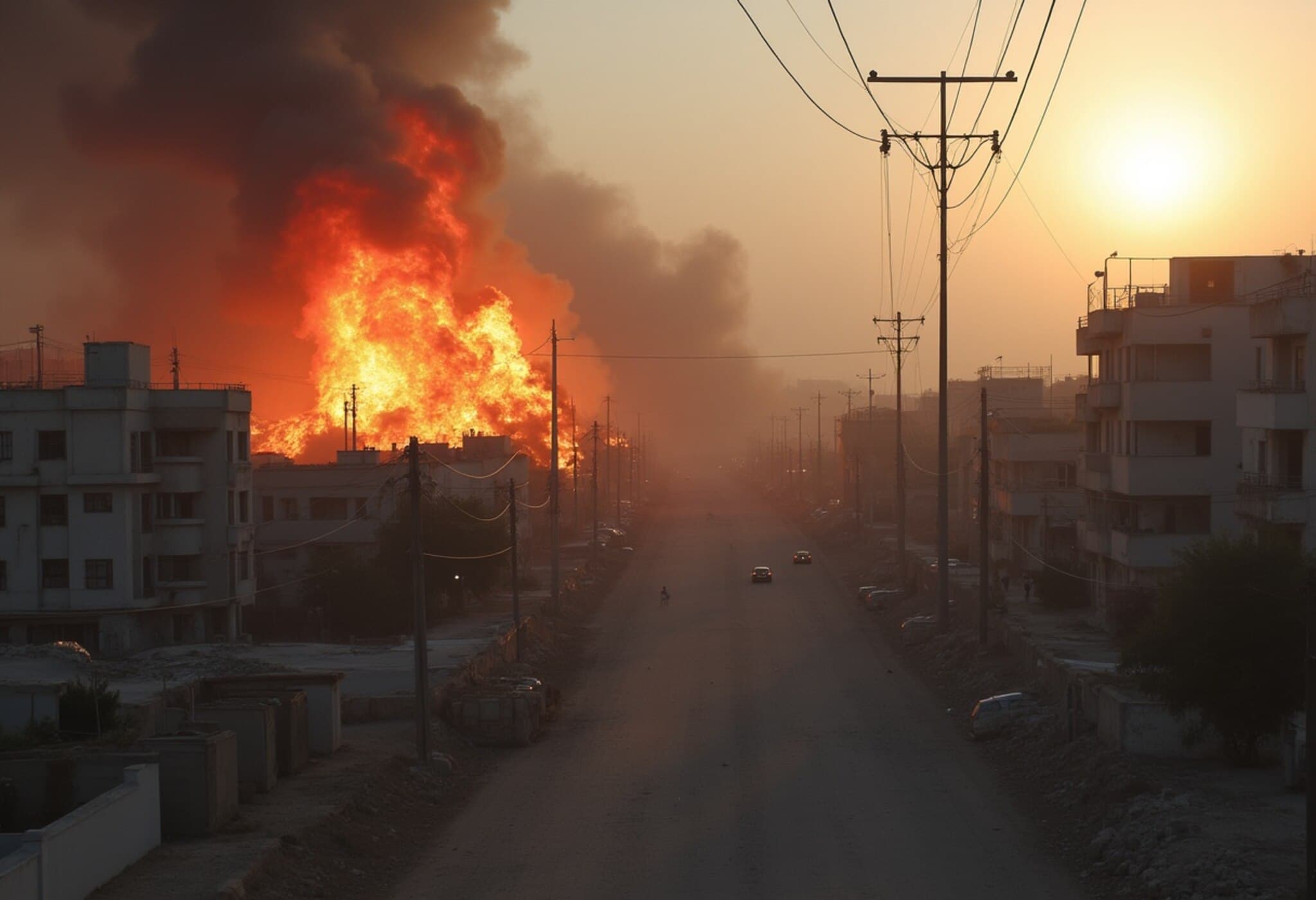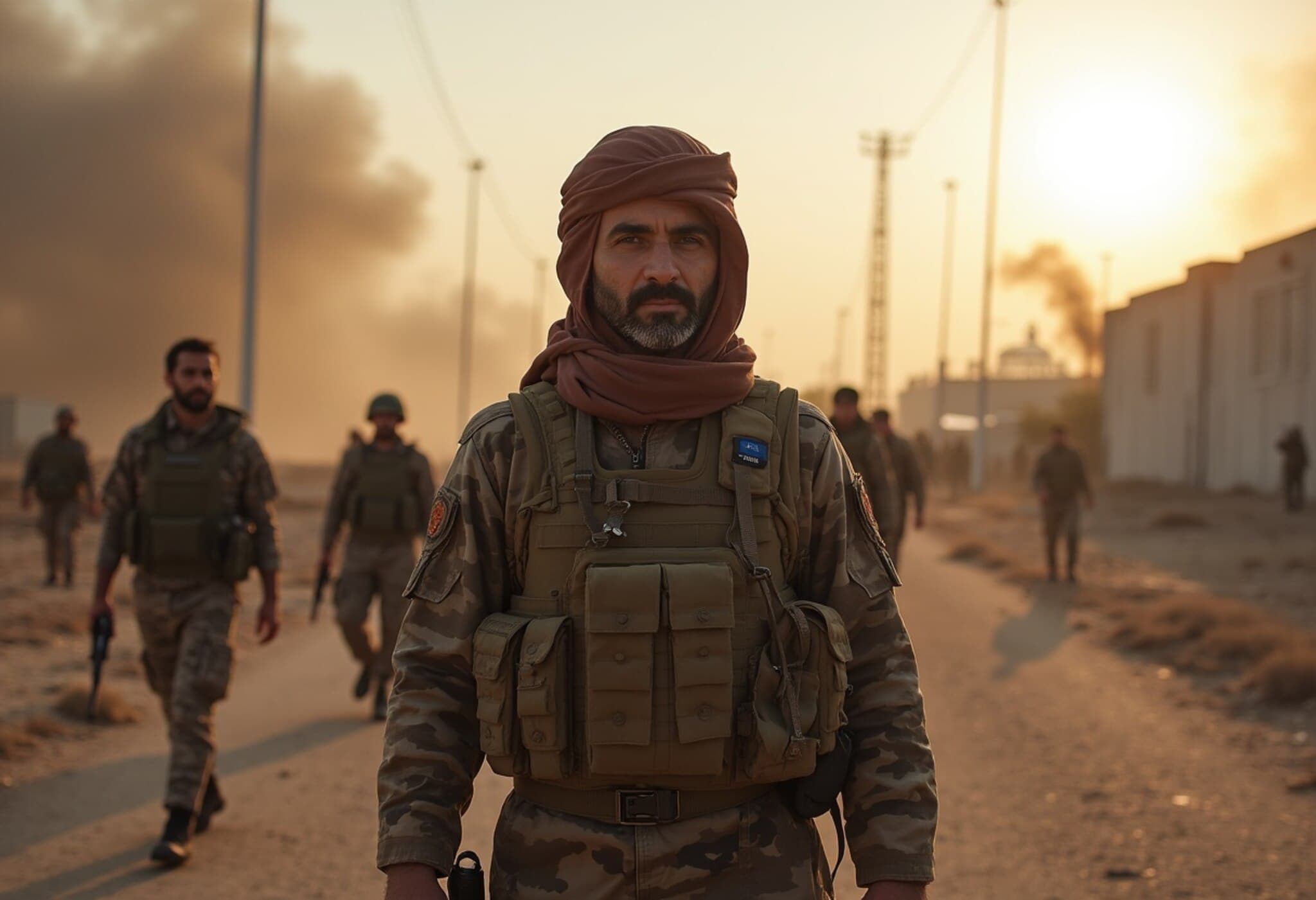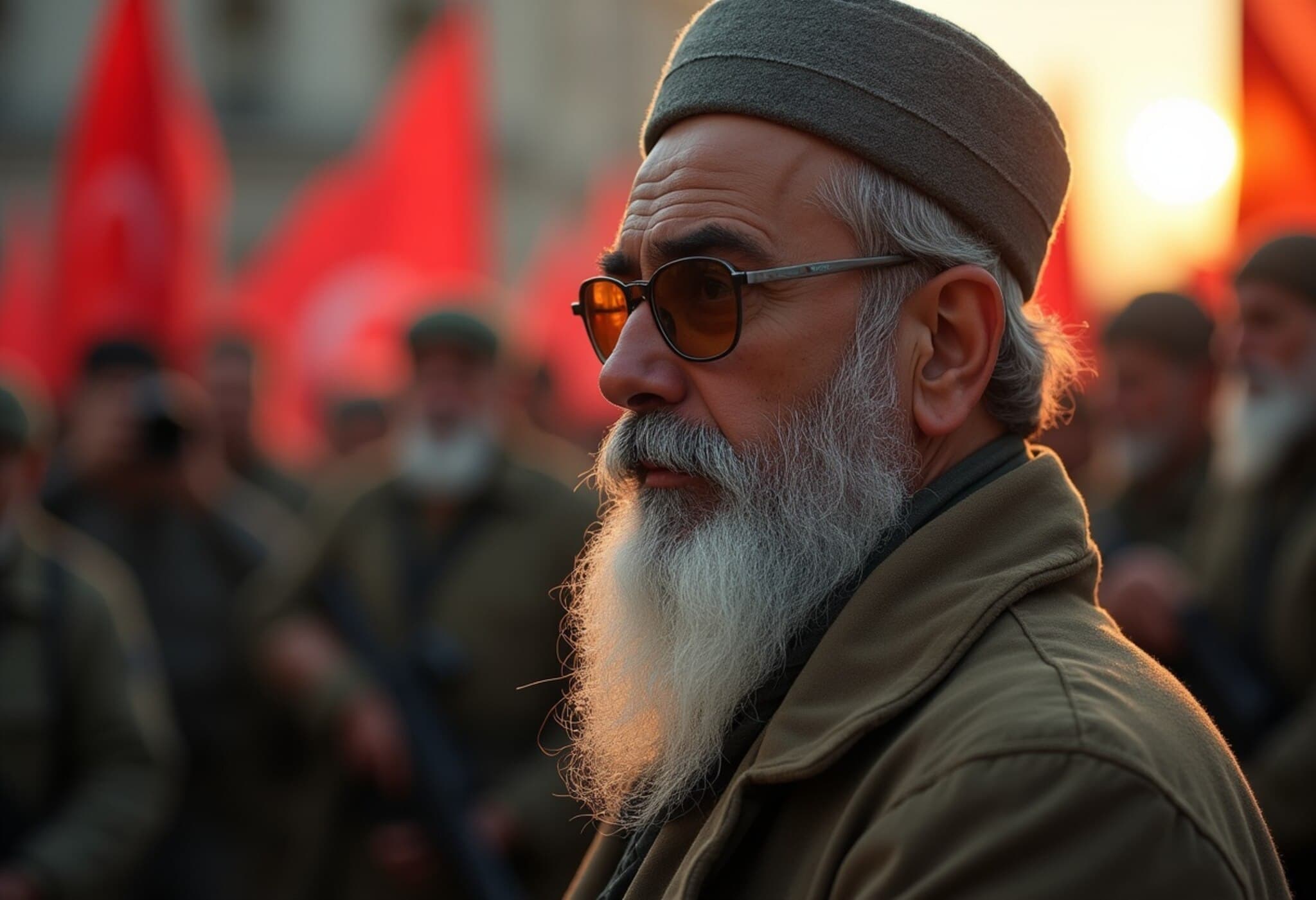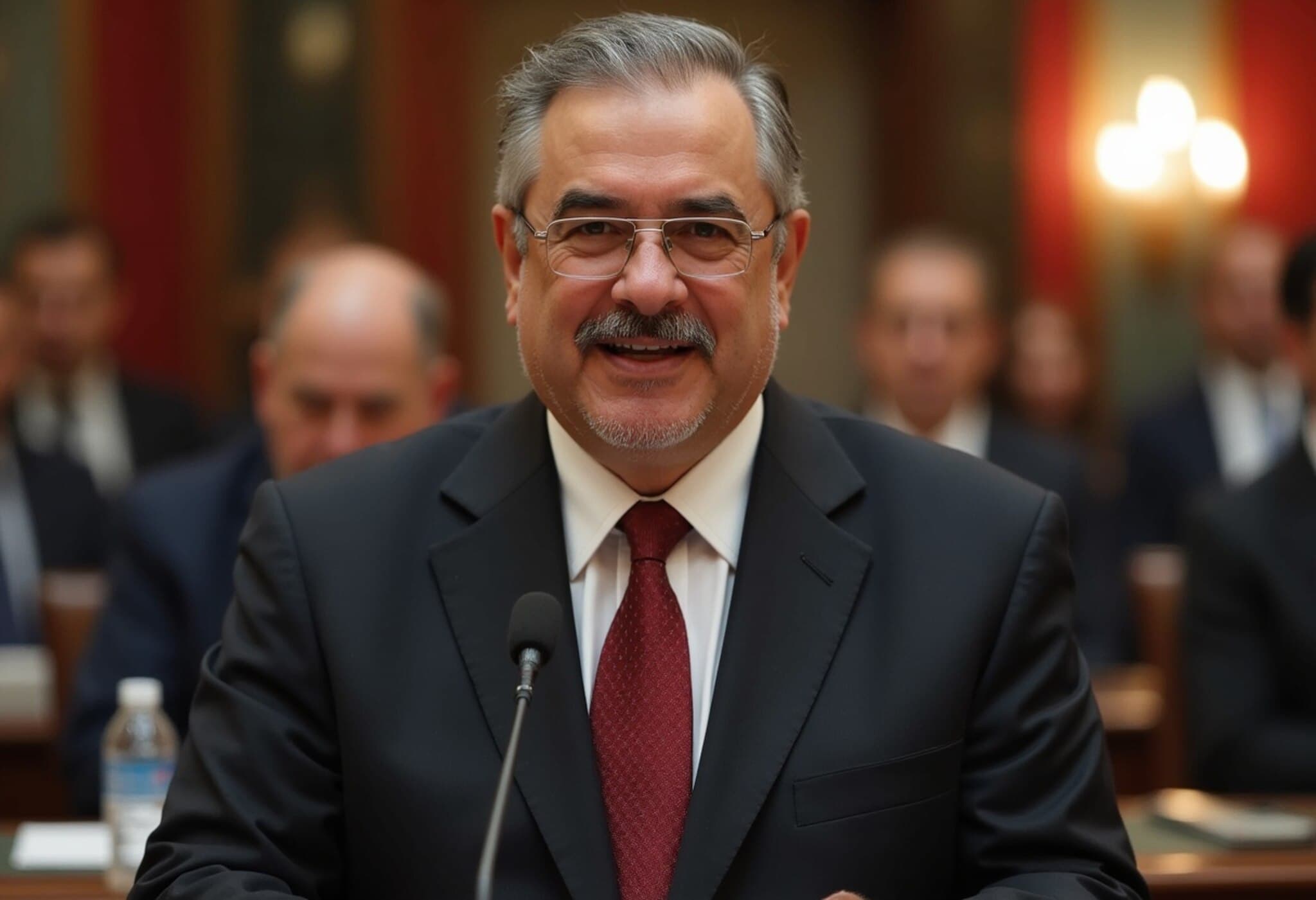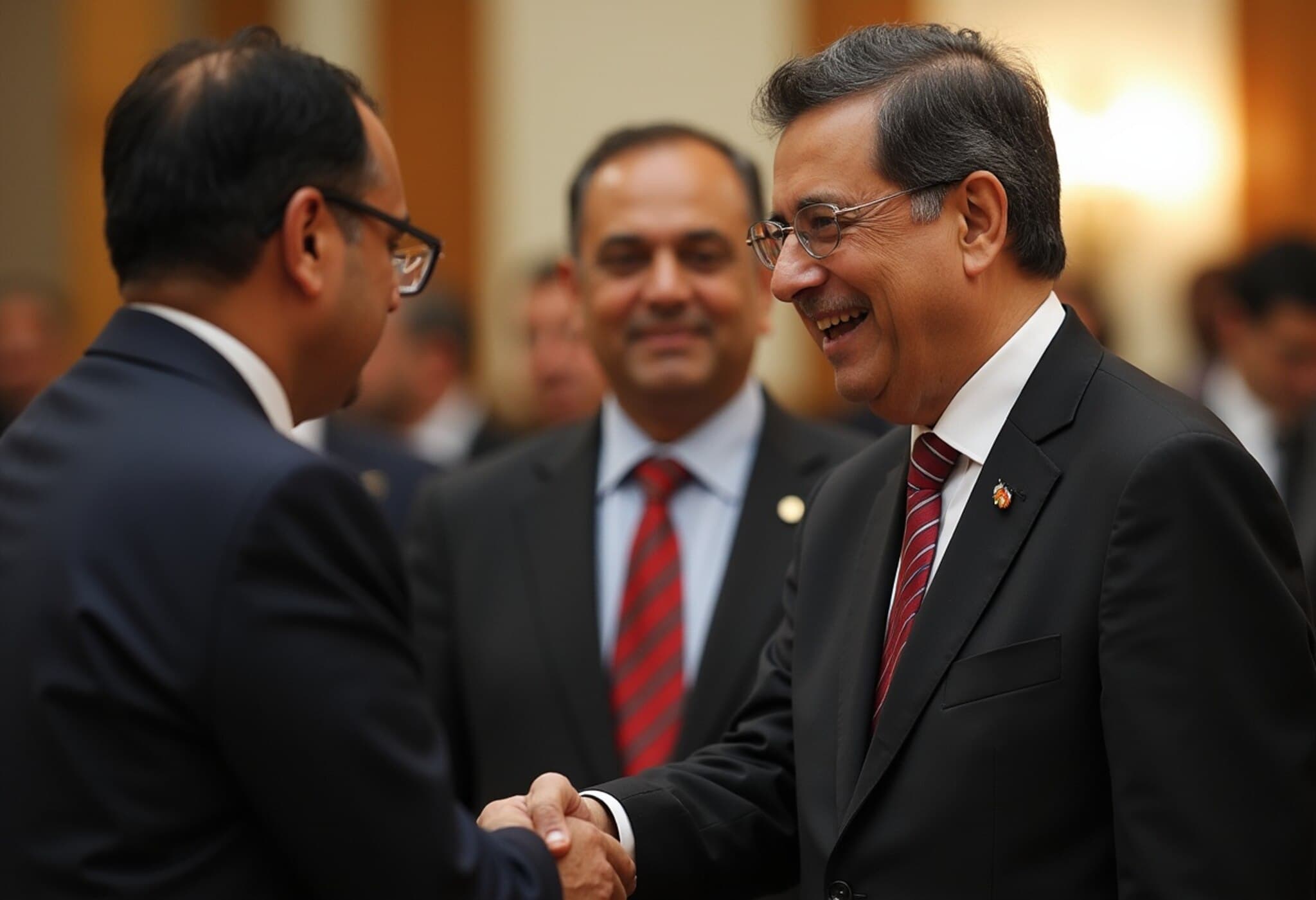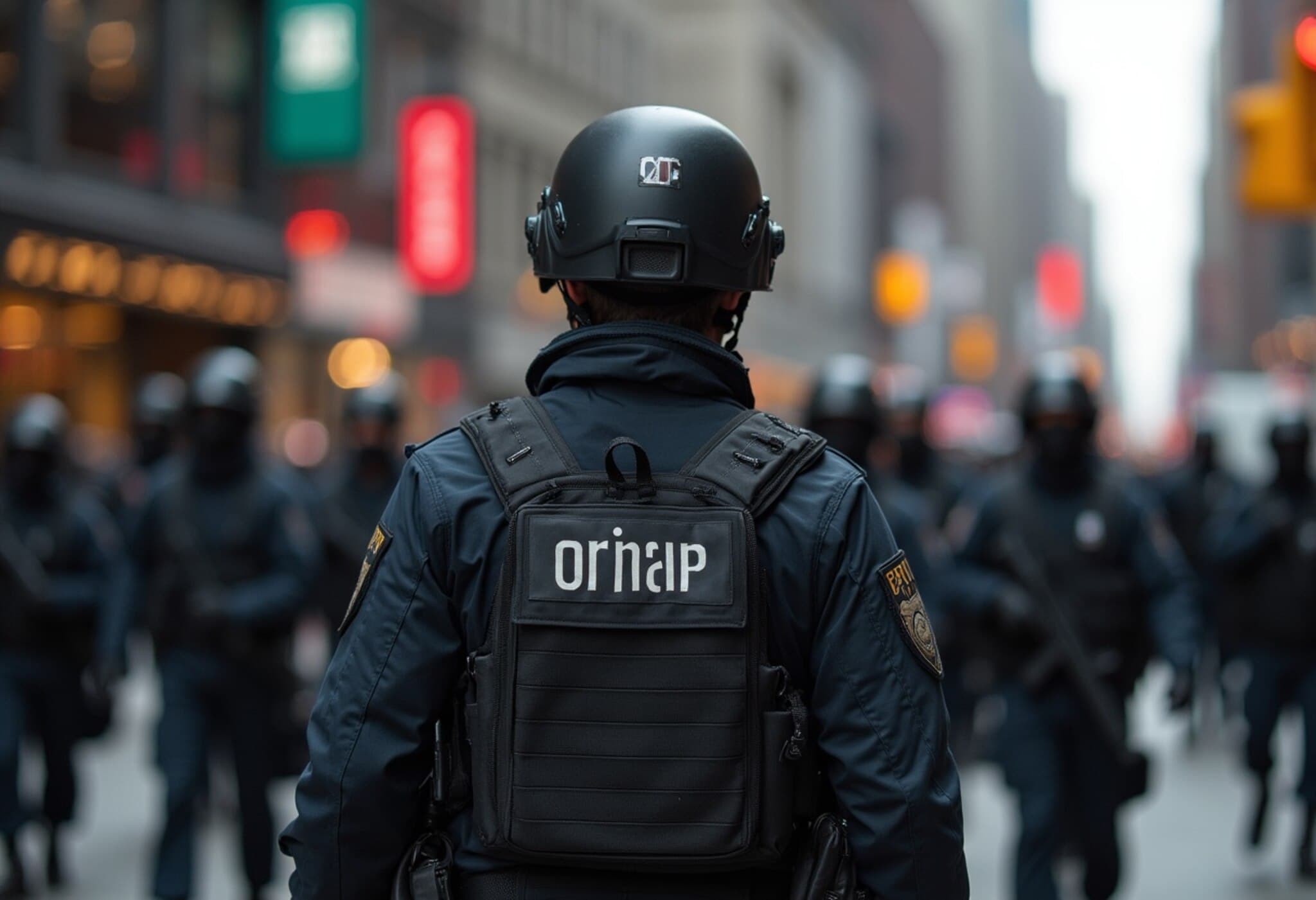Syria's Kurdish Administration Condemns Transitional Parliament Process
In a significant political standoff, Syria’s Kurdish leadership has openly denounced the upcoming formation of a transitional parliament as undemocratic and exclusionary. This announcement comes after authorities postponed the parliamentary selection procedure in the Kurdish-controlled northern and northeastern regions of Syria, citing "security challenges." The delay has ignited fresh tensions between Damascus and Kurdish representatives, who are pushing for greater political recognition and autonomy amid a complex and fragile post-Assad landscape.
Background: Syria’s Political Transition Post-Assad
Following the ousting of long-time ruler Bashar al-Assad in December, the Syrian government dissolved the previous parliament and introduced a new five-year transitional constitution aimed at reshaping the nation’s governance. The transitional parliament is scheduled to be formed in September, consisting of 210 members. The selection mechanism, however, is controversial: two-thirds of lawmakers will be appointed by local authorities, while the president—Ahmed al-Sharaa—will directly name the remainder.
Why Are Elections Postponed in Kurdish Regions?
Recently, Syria’s election commission announced the postponement of parliamentary selections in several regions, including Sweida (a Druze-majority province), and the Kurdish-held provinces of Raqqa and Hasakeh. Officials cited ongoing "security challenges" and clarified that the process would only proceed in territories firmly under state control.
For the Kurdish administration, however, this explanation rings hollow. They released a statement condemning the characterization of their territories as "unsafe," interpreting it as a pretext to exclude over five million Syrians living in Kurdish areas from political participation.
Kurdish Criticism: A Legacy of Marginalization
The Kurdish leaders emphasized that the planned elections do not reflect democratic values or the will of the Syrian people. According to their statement, the process is reminiscent of the "marginalisation and exclusion" experienced under the Baath regime for more than half a century. This sentiment captures deep-rooted grievances related to ethnic and political inequality that have long simmered under Assad's rule.
- Exclusion of Nearly Half the Population: The Kurdish administration warns that approximately half of Syria’s population will be disenfranchised through this process—especially displaced individuals and minority groups living outside government-controlled areas.
- Centralized Power Concerns: Critics note that the transitional constitution concentrates significant authority in the hands of President Ahmed al-Sharaa, continuing a pattern of top-down decision-making without inclusive dialogue.
- Neglect of Ethnic and Religious Diversity: The Kurdish administration stresses that the interim constitution and parliament fail to meaningfully accommodate Syria’s diverse ethnic and sectarian landscape.
The Ongoing Struggle: Damascus vs Kurdish Autonomy Aspirations
The tension over the transitional parliament is part of a broader, ongoing dispute between Damascus and the Kurdish authorities. Earlier this year, on March 10, both sides signed a deal aiming to integrate Kurdish institutions within the Syrian state framework. However, implementation has stalled amid fundamental disagreements.
The primary sticking point lies in governance philosophy. Kurdish leaders advocate for decentralization and local autonomy as a way to ensure political representation and security for their communities. Damascus, in contrast, maintains a strict stance on centralized control, rejecting proposals that could weaken the central government's authority.
Security and Stability Challenges
The Kurdish regions’ exclusion from the election process is also linked to persistent security concerns. Last month, the Druze-majority province of Sweida witnessed deadly sectarian clashes, exacerbating instability in nearby regions. Although the Kurdish-held territories have experienced relative calm compared to other parts of Syria, the government justification cites perceived security risks as a barrier to holding elections.
What This Means for Syria's Future
By dismissing the transitional parliament as "a superficial step," Kurdish leaders underscore their demand for a truly inclusive and comprehensive political solution. They state unequivocally that any decisions made through the current exclusionary process will lack legitimacy in their eyes and those of the populations they represent in northern and eastern Syria.
This impasse poses critical questions about Syria’s path toward unity and reconciliation. Can a nation fractured by decade-long conflict and ethnic fault lines hope to build a representative government without embracing genuine decentralization and power-sharing? Or will entrenched authoritarian patterns perpetuate divisions and unrest?
Expert Commentary
Political analysts observe that the Kurdish rejection points to broader challenges facing Syria’s transitional governance. Without meaningful negotiation and inclusion of minority voices, any semblance of parliamentary elections risks deepening current fractures. Furthermore, the international community watching Syria’s transition must consider how to support mechanisms that foster stability through representation.
The Kurdish stance also resonates with ongoing debates in other contexts about decentralization as a tool for peacebuilding in post-conflict states. Syria’s unique mosaic of ethnic and religious groups demands approaches that transcend historic centralization tendencies to prevent renewed cycles of exclusion and violence.
Looking Ahead
As the September timeline for forming the transitional parliament approaches, all eyes will be on whether Damascus and Kurdish authorities can bridge their differences. Achieving a legitimate and inclusive political framework remains crucial—not only for rebuilding Syria’s institutions but also for healing the wounds inflicted by years of war and repression.
Editor's Note: The struggle over Syria’s transitional parliament illuminates how questions of democracy, legitimacy, and representation remain unresolved after Assad’s ouster. This situation highlights the necessity of genuine political inclusion and decentralization to ensure lasting peace and stability. Readers should watch closely how these evolving dynamics influence Syria’s broader recovery and regional security.

